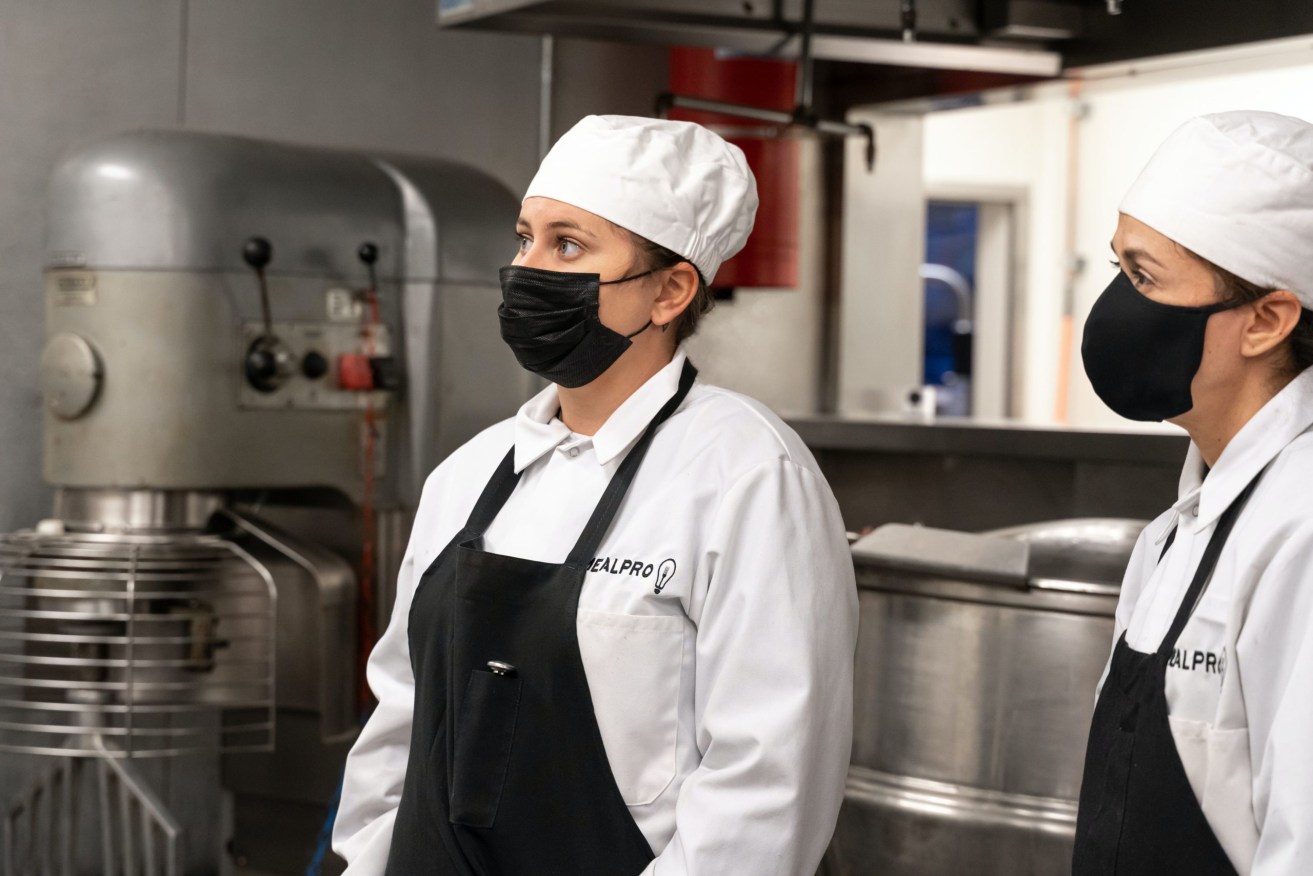After surviving for months without customers, tourism sector is now short of staff
After surviving one of the worst economic shocks in the modern era the tourism sector has been warned that it faces another drama.


The tourism sector will have to lift its game to keep staff
Accor Pacific chief executive Simon McGrath said employment had come back much stronger than anticipated and “now we don’t have enough staff”.
That was backed up by a staff member in one of the company’s Brisbane hotels who said they were down about 100 workers from the pre-COVID days.
The sector was already fighting a perception that it was low-paying industry with a limited career path, even before COVID, but now many hotels and restaurants are finding themselves desperate for staff.
McGrath said the days of the sector relying on backpackers and churning staff were over.
“This is an Achilles heel for us,” McGrath said.
“With the lack of a border policy, we don’t know when they will be back.
“We will need to be very good employers. We will have to care about people.
“We have to sharpen our game and we have to deliver. We have lost about half a million workers through the loss (backpackers, students and skilled migrants).
“You are not going to open unless you can retain staff.”
But he said that did not mean wages had to increase because tourism could provide benefits not available in other sectors such as flexibility.
He said there also had to be a focus on delivery of services for customers.
He said when the international borders re-opened tourists would simply revert to overseas holidays if the sector did not provide them with a reason to stay in Australia.
“We have their attention but we have to deliver,” he said.
The company’s research has found that Queensland was leading the way in the recovery of the tourism sector with the average occupancy of its hotels at 74 per cent, compared with 23 per cent in April last year. The national occupancy was running at only 50 per cent.
McGrath said there had been significant change because of COVID and health concerns would be a key issue for travellers.
“Health and safety is top of the list,” he said.
The best performing regions were the Sunshine Coast, Cairns, Gold Coast and Tropical north Queensland.
Brisbane hotels were lagging and McGrath said capital cities had to be activated by governments with more events in sport and culture.












